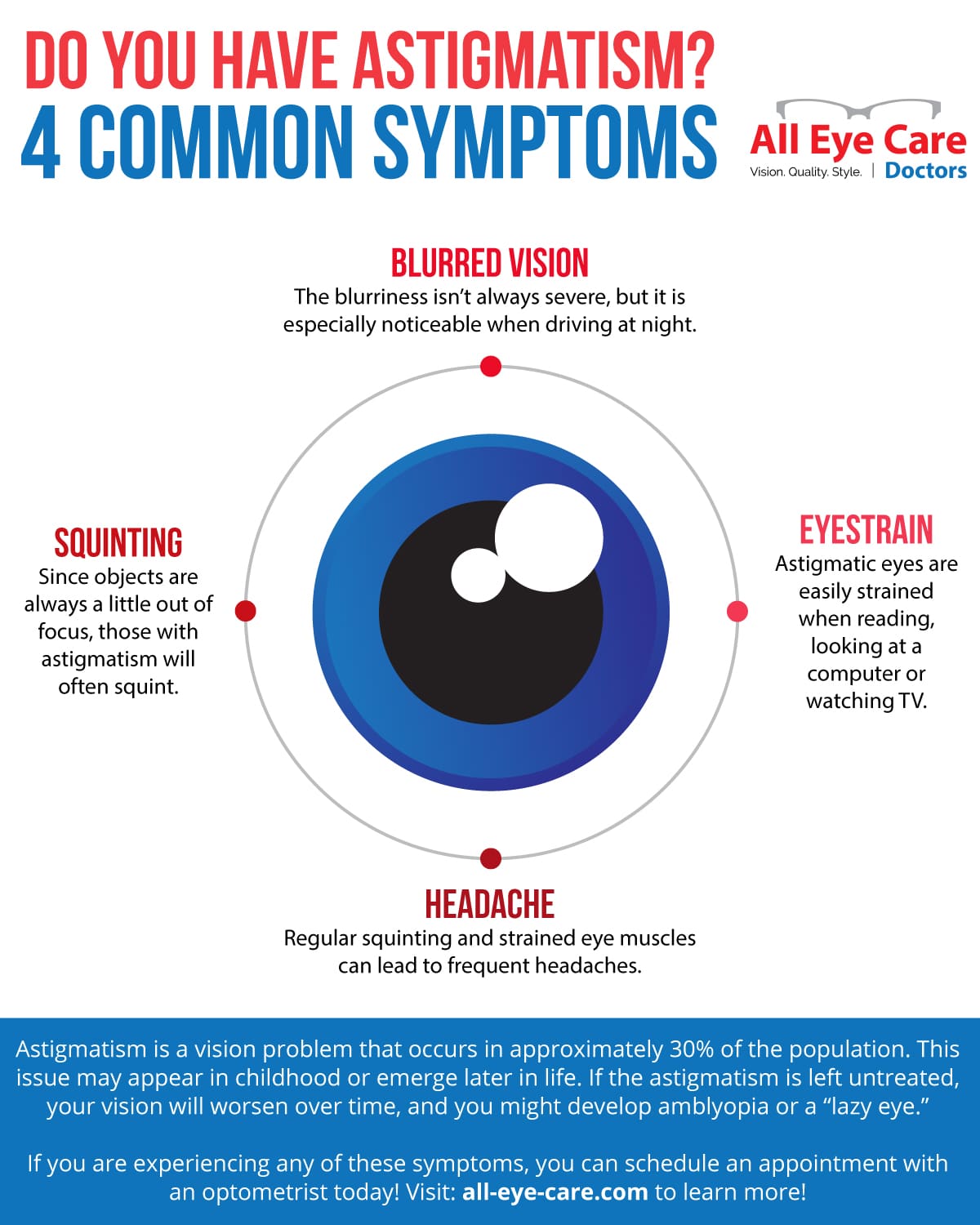Refractive Lens Exchange: A Detailed Introduction For Improved Vision
Refractive Lens Exchange: A Detailed Introduction For Improved Vision
Blog Article
Web Content Writer-Gertsen Munck
If you more than 40 and struggling with vision issues like hyperopia or nearsightedness, Refractive Lens Exchange (RLE) may be worth considering. This procedure replaces your all-natural lens with an artificial one, potentially decreasing your dependence on glasses. While the advantages are appealing, it's critical to comprehend the risks and qualification requirements. What should cataract surgery with macular degeneration understand before deciding that could transform your vision forever? Allow's explore this subject additionally.
Comprehending Refractive Lens Exchange
Understanding Refractive Lens Exchange (RLE) can be important for those taking into consideration vision improvement choices.
RLE is a surgical procedure that replaces your eye's natural lens with an artificial intraocular lens. It's mostly aimed at correcting extreme refractive errors, such as hyperopia, nearsightedness, or presbyopia.
During the procedure, your doctor will certainly remove your cloudy or clear lens and replace it with a lens customized to your vision requires. This option is typically taken into consideration for people over 40 who may not appropriate candidates for LASIK.
By picking RLE, you're not simply boosting your vision; you're likewise possibly decreasing your dependence on glasses or contact lenses.
Understanding how RLE jobs will certainly empower you to make educated choices about your vision health.
Advantages and Threats of RLE
Choosing RLE not only offers a possibility to improve your vision yet also comes with its very own collection of benefits and dangers.
One significant benefit is the possibility for more clear vision, decreasing or removing your dependence on glasses or get in touch with lenses. You might likewise experience a more comprehensive range of vision, especially if you choose multifocal lenses.
Nonetheless, there are check out the post right here included, such as infection, difficulties during surgical procedure, or discontentment with the outcomes. does medicare part b pay for cataract surgery experience visual disruptions like halos or glare.
It's essential to consider these advantages and dangers very carefully. Consulting with your eye care specialist can aid you make an informed decision that straightens with your vision objectives and way of living.
Eligibility Criteria for Refractive Lens Exchange
Prior to considering Refractive Lens Exchange (RLE), it's critical to identify if you meet the qualification standards. Usually, you're a good prospect if you more than 40 years of ages and have a stable prescription.
You should likewise be experiencing refractive errors like nearsightedness, hyperopia, or presbyopia. It is very important to have healthy eyes without any substantial diseases, such as cataracts or glaucoma.
Additionally, you ought to be in excellent overall wellness and not have any kind of problems that can influence healing, like unrestrained diabetes. If you use contact lenses, you may require to stop wearing them for some time before your analysis.
Consulting with an eye treatment expert will certainly help you recognize your specific situation and whether RLE is right for you.
Conclusion
In conclusion, refractive lens exchange can change your vision and decrease your dependancy on glasses or contacts. While it provides countless advantages, it's essential to recognize the threats and guarantee you fulfill the qualification standards. Consulting with an eye treatment specialist will aid you make an informed decision customized to your demands. If you're taking into consideration RLE, make the effort to discover your options and discuss any concerns, paving the way for clearer, much more lively eyesight.
